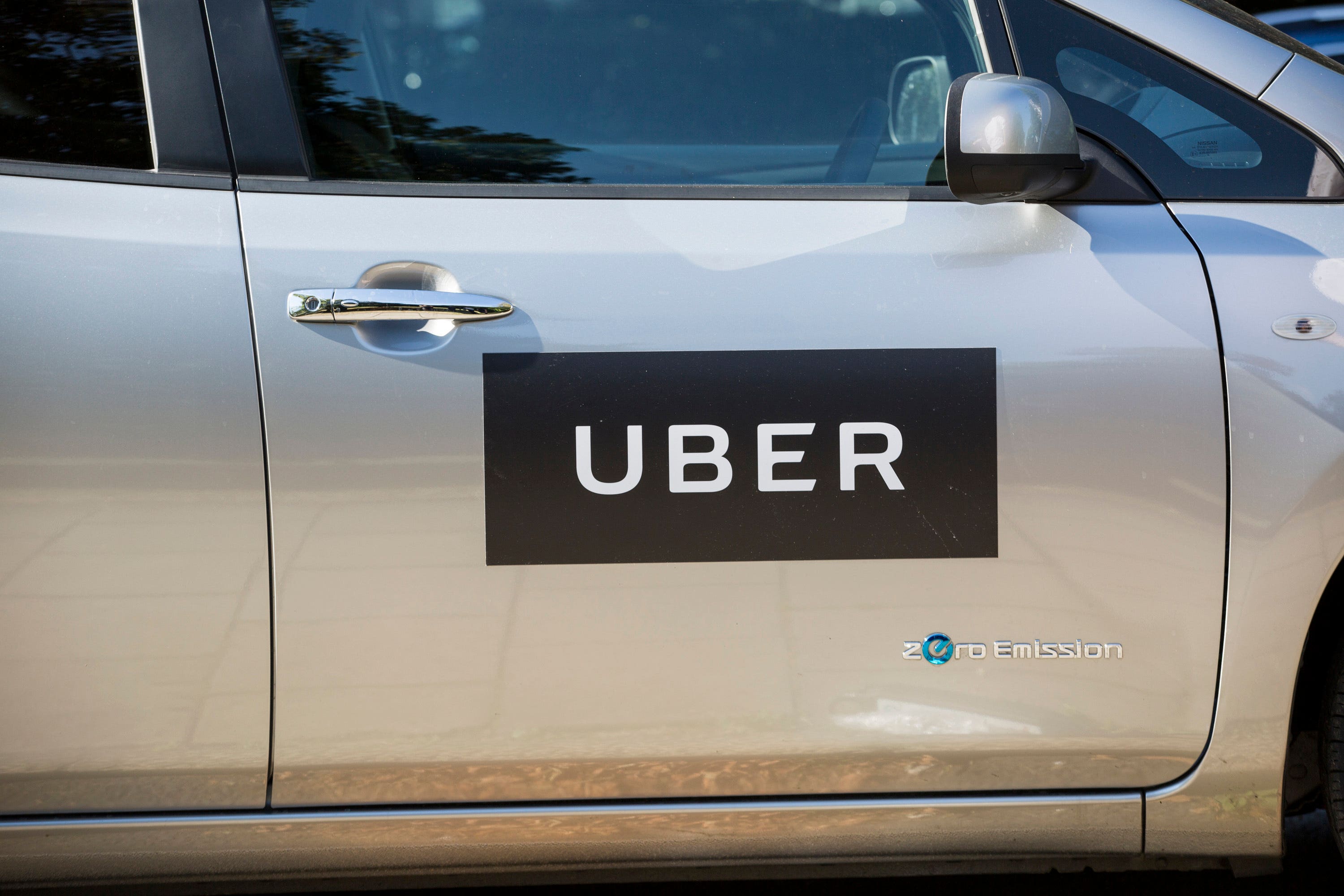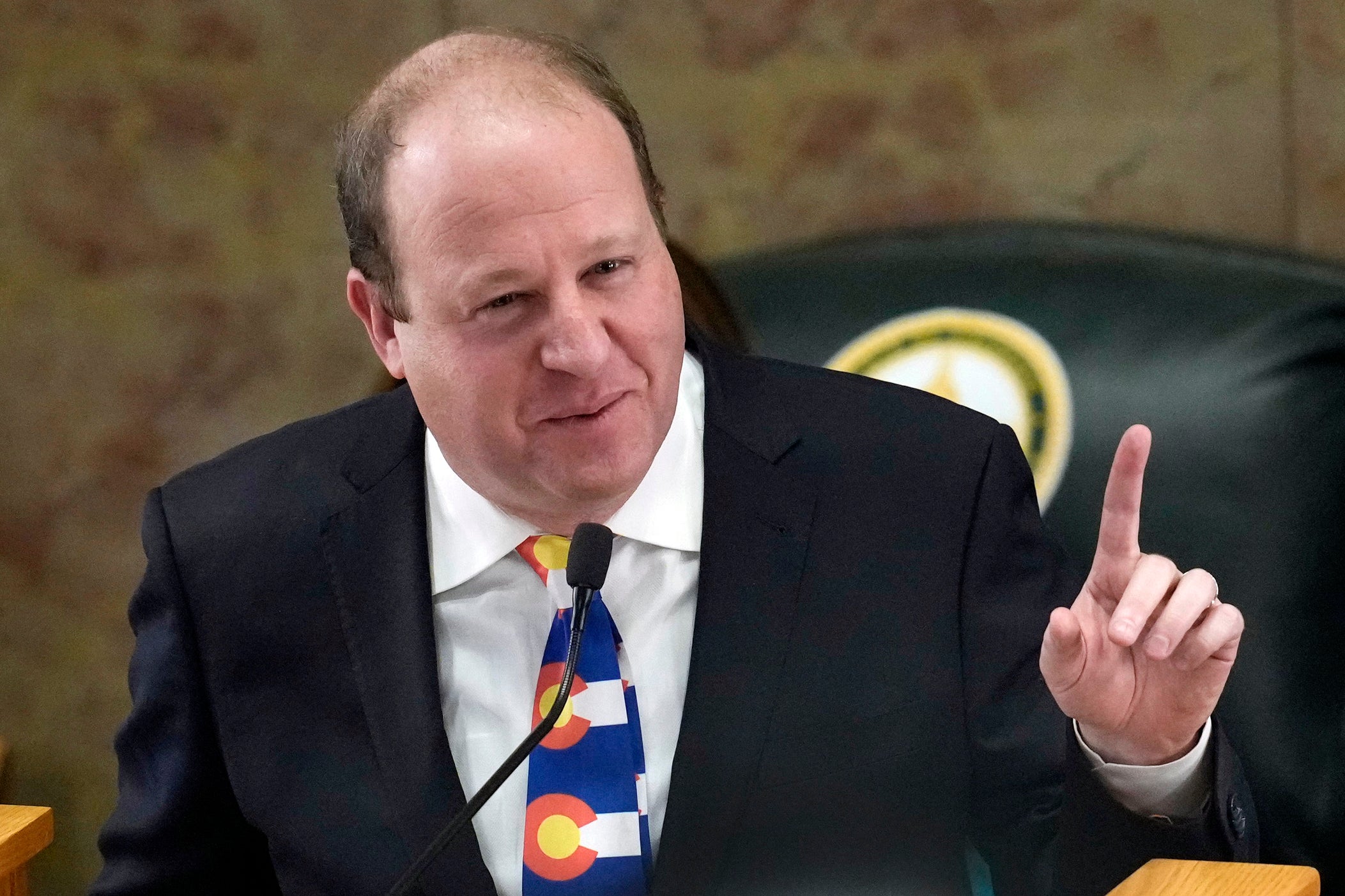
Uber and Lyft are spending thousands of dollars a month to fight lawmakers over legislation that could make their services safer, a new report states.
The companies, which dominate the U.S. rideshare market, have a history of mounting lobbying campaigns to either override or preempt safety and worker protection bills at all levels of government. The companies deploy a range of tactics: threats to exit markets if bills are passed, issuing a blizzard of public messaging, or directly pressuring lawmakers.
In Rhode Island, Uber has spent $50,000 this year on lobbyists, according to Stateline’s analysis of the state’s lobbying database. Lyft has been splurging around $5,000 a month on its lobbying efforts in Rhode Island, according to the report.
Both rideshare giants are pushing back against legislation that would require fingerprinting as part of a criminal background check of drivers in the state.
Lyft’s public policy manager, Brendan Joyce, stated that the requirement relies on data from the FBI’s Criminal Justice Information System, which he testified in April is “incomplete” and noted that checks “disproportionately impact and have potential discriminatory effects on communities of color.”

Colorado legislators introduced a bill earlier this year aimed at increasing safety regulations and enhancing background checks for Transportation Network Companies.
The bill, which passed both chambers of the Colorado General Assembly, was spearheaded by State Representative Jenny Willford, who alleged she was sexually assaulted by a man posing as a rideshare driver in February last year. Prosecutors charged suspect Mukhammadali Mukadyrov with unlawful sexual contact last month.
In response, Uber devised the “Save Rides – Urge a Veto” campaign, which displayed a stark message to users when they opened their app.
Last month, the company requested that Colorado Governor Jared Polis block the bill, arguing that it features poorly thought-out provisions that would be costly for the company.

An Uber spokesperson stated it was “developed behind closed doors and driven by the financial interests of billboard attorneys, not the needs of Coloradans.”
Uber threatened to withdraw its services from the state if the bill were to become law. Lyft also wrote to the governor, claiming that the legislation could harm operations.
Following the threats to leave, Polis vetoed the bill in late May, stating that it “would impose unworkable regulations on (rideshare companies) and potentially jeopardize the continued operation in Colorado.”
In Oregon, both Uber and Lyft formally opposed a bill that would give drivers more rights, better pay, and stronger job protections.
The companies pushed back against the bill, which passed the state Senate earlier this month, claiming it would increase the price of rides and make the job more rigid.
Uber’s Public Policy Manager Zahid Arab testified that the bill contained “unclear and unreasonable requirements that could undermine safety.”
In 2024, both Uber and Lyft threatened to leave Minneapolis over a proposed law that would require the companies to pay drivers more when operating within the city limits. A compromise was ultimately reached, and both continue to operate throughout Minnesota.
The Independent has contacted both Uber and Lyft for more information.
Irish mother and two children evacuated from Iran
Welfare reforms will lead to ‘appalling poverty’ – Labour MP
Assisted dying: BMA says patients should meet end-of-life care doctor first
Trump pleads with oil companies to keep prices down after Iran blockade threat
Heat wave: Dangerous temperatures swallow multiple US states with record highs
Wegovy manufacturer ends deal with Hims & Hers to distribute weight loss drug







